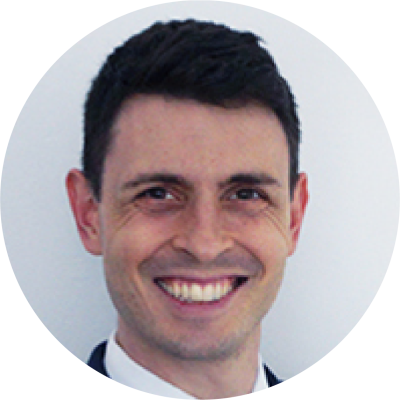
Calvin Kersbergen
My project in the Bergles laboratory focused on identifying how we form connections from an early age between the inner ear and brain to detect and process sound, and if these mechanisms are altered in conditions of early hearing loss. To prepare for sound processing, the immature brain undergoes a training period before any external environmental sounds can be perceived. This training comes from the immature inner ear, which generates “spontaneous” neural activity in precise patterns before the ear canal opens. We discovered that these patterns of spontaneous activity are critical for establishing the sensitivity of the auditory system to sound loudness and for defining normal brain representations of sound pitch, both of which are crucial components of communication with each other and the world around us. Next, we generated a model of the most common genetic form of hearing loss, due to disruption of the gene GJB2, and remarkably found that pre-hearing spontaneous activity was preserved and sufficient to induce circuit maturation despite profound deafness following ear canal opening. The preservation of this highly stereotyped activity may explain why patients with GJB2-mediated hearing loss respond well to cochlear prostheses, motivating further development of early therapeutic interventions to restore function.
Questions & Answers
Why did you choose Johns Hopkins for your work?
I chose to attend Johns Hopkins for my clinical and scientific training because of the incredibly kind, thoughtful and humble faculty and students who I met on my interview day and second-look weekend. I knew this was a place where I would obtain superb training in an environment where I would be supported and continually inspired by those around me.
What does receiving this award mean to you personally and professionally? Do you have any connection with the particular award you received?
I am honored to be recognized with the Martin and Carol Macht Award. I hope that I will be able to follow in the footsteps of prior award recipients who have taken their Hopkins training and developed highly successful and impactful careers.
What contributed to your project’s success?
The foundation of my project built upon the many amazing discoveries of former graduate students in the Bergles laboratory, including prior Young Investigator Award winners! The incredible scientific environment within the lab helps cultivate this collaboration. My labmates brought together expertise from molecular biology and genetics to optics, computer science and engineering and were able to provide critical guidance and experimental ideas throughout my training. Last but certainly not least, the mentorship and support I received from Dr. Dwight Bergles throughout my training was unmatched, from detailed interpretation of raw data to grant writing and successful presentations. I hope to be able to pass down the support I’ve received to future trainees as I continue throughout my career.
What thoughts do you have about Young Investigators’ Day itself, as a celebration of the roles students and fellows play in research at Johns Hopkins?
Research training is a long path, especially for aspiring clinician-scientists. It is important to recognize these achievements along the way as a reminder that the work we trainees do is meaningful and impactful, especially when the day-to-day successes in science are often rare or fleeting. By celebrating the achievements of trainees and the mentors who have supported them, these awards continue to inspire future generations.
What has been your best/most memorable experience while at Johns Hopkins?
My favorite moments have been when I’ve bridged my two worlds of scientific and clinical training. For example, sharing research findings with a young patient’s family, or relying on clinical observations to design the most relevant and impactful experiment in the laboratory. I hope to have many more of these moments as I continue my training and throughout my career.
What are your plans over the next year or so? Graduating, looking for faculty positions, etc.?
I will be graduating in May 2024 and starting my residency training in Otolaryngology-Head and Neck Surgery at Massachusetts Eye and Ear/Harvard Medical School.
Tell me something interesting about yourself that makes you unique. Do you have any special hobbies, interests or life experiences?
Having grown up in Maine, I have always loved the escape that nature provides and try to spend my free time outdoors. I love to ski despite having long ago retired from my days of competitive downhill ski racing. Outside of the winter season, I enjoy spending my time hiking, backpacking, cycling, gardening or golfing with my partner, friends and family.